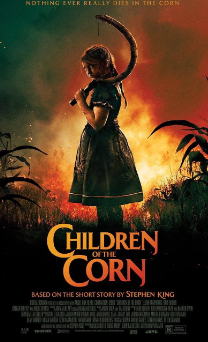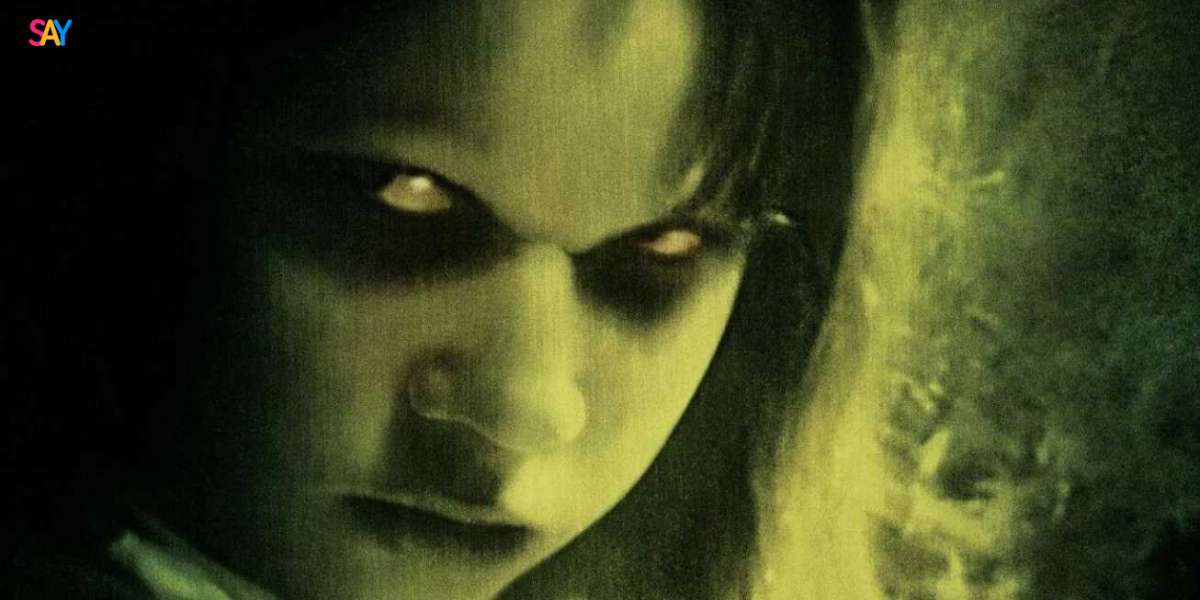Horror films have long been a favorite genre for movie enthusiasts, providing spine-tingling chills and heart-pounding scares. While traditional horror relies on jump scares and gore, psychological horror takes a different approach. It delves into the darkest corners of the human mind, playing with our fears, anxieties, and the uncanny. In this blog, we will take a deep dive into some of the best psychological horror films that have left audiences both terrified and intellectually stimulated.

The Shining (1980)
Stephen King’s masterpiece, “The Shining,” brought to life by the visionary Stanley Kubrick, is a quintessential entry into the realm of psychological horror. The film stars Jack Nicholson as the increasingly unhinged Jack Torrance, who descends into madness while taking care of the isolated Overlook Hotel during the winter season. The isolation, combined with supernatural elements and the Overlook’s dark history, creates an atmosphere of paranoia and dread.
Rosemary’s Baby (1968)
Roman Polanski’s “Rosemary’s Baby” explores the terror of pregnancy and motherhood. Mia Farrow plays Rosemary, a pregnant woman who begins to suspect that her neighbors are part of a sinister conspiracy involving her unborn child. The film masterfully blurs the lines between reality and delusion, making the audience question Rosemary’s sanity. This psychological horror classic remains a benchmark in the genre.
Black Swan (2010)
Darren Aronofsky’s “Black Swan” takes the psychological horror genre and infuses it with the world of ballet. Natalie Portman delivers an Oscar-winning performance as Nina Sayers, a dedicated dancer who becomes consumed by her quest for perfection. As the pressure mounts, Nina’s grip on reality loosens, leading to a nightmarish descent into madness. The film’s use of hallucinations and surreal imagery makes it a visually and mentally haunting experience.
Psycho (1960)
Alfred Hitchcock’s “Psycho” is a timeless masterpiece that paved the way for psychological horror in cinema. The story of Marion Crane’s ill-fated visit to the Bates Motel is etched into cinematic history. Anthony Perkins’s portrayal of the disturbed Norman Bates remains iconic, and the film’s infamous shower scene is a testament to Hitchcock’s ability to instill fear through suggestion and suspense.
The Babadook (2014)
Jennifer Kent’s “The Babadook” is a modern psychological horror gem that delves into the horrors of grief and motherhood. Essie Davis plays Amelia, a widow struggling to raise her troubled son, Samuel. The arrival of a sinister pop-up book and the emergence of the Babadook, a malevolent entity, force Amelia to confront her own inner demons. The film is a chilling exploration of psychological torment and repressed emotions.

Get Out (2017)
Jordan Peele’s directorial debut, “Get Out,” combines horror with social commentary. The film follows Chris, a Black man played by Daniel Kaluuya, as he visits his white girlfriend’s family estate. What initially appears to be an awkward encounter with her overly accommodating family takes a sinister turn. Peele skillfully weaves themes of racism and social exploitation into a terrifying narrative that keeps viewers on the edge of their seats.
Shutter Island (2010)
Martin Scorsese’s “Shutter Island” is a mind-bending psychological thriller that keeps audiences guessing until the very end. Leonardo DiCaprio plays U.S. Marshal Teddy Daniels, who arrives at the mysterious Shutter Island asylum to investigate a disappearance. As Teddy delves deeper into the institution’s secrets, he confronts his own traumatic past and questions the nature of reality. The film’s atmosphere of dread and its series of shocking revelations make it a must-watch for best horror movies.
Hereditary (2018)
Ari Aster’s “Hereditary” is a harrowing exploration of family trauma and inherited madness. Toni Collette delivers a powerhouse performance as Annie, a mother dealing with the aftermath of her mother’s death. The film’s slow-burning tension and unnerving imagery culminate in a series of shocking and disturbing events that will leave you haunted long after the credits roll.
Conclusion
Psychological horror films offer a unique and intellectually stimulating experience for viewers. They tap into our deepest fears and anxieties, often leaving us questioning the nature of reality and the human mind. Whether it’s the classic terror of “The Shining,” the psychological torment of “Black Swan,” or the social commentary of “Get Out,” these films push the boundaries of the horror genre and continue to captivate audiences with their thought-provoking scares.
So, the next time you’re in the mood for a spine-tingling cinematic experience, consider diving into the world of psychological horror. These films are not only some of the best horror movies ever made but also some of the most psychologically thrilling and intellectually satisfying.
Remember, the true horror often lies within the depths of our own minds.




